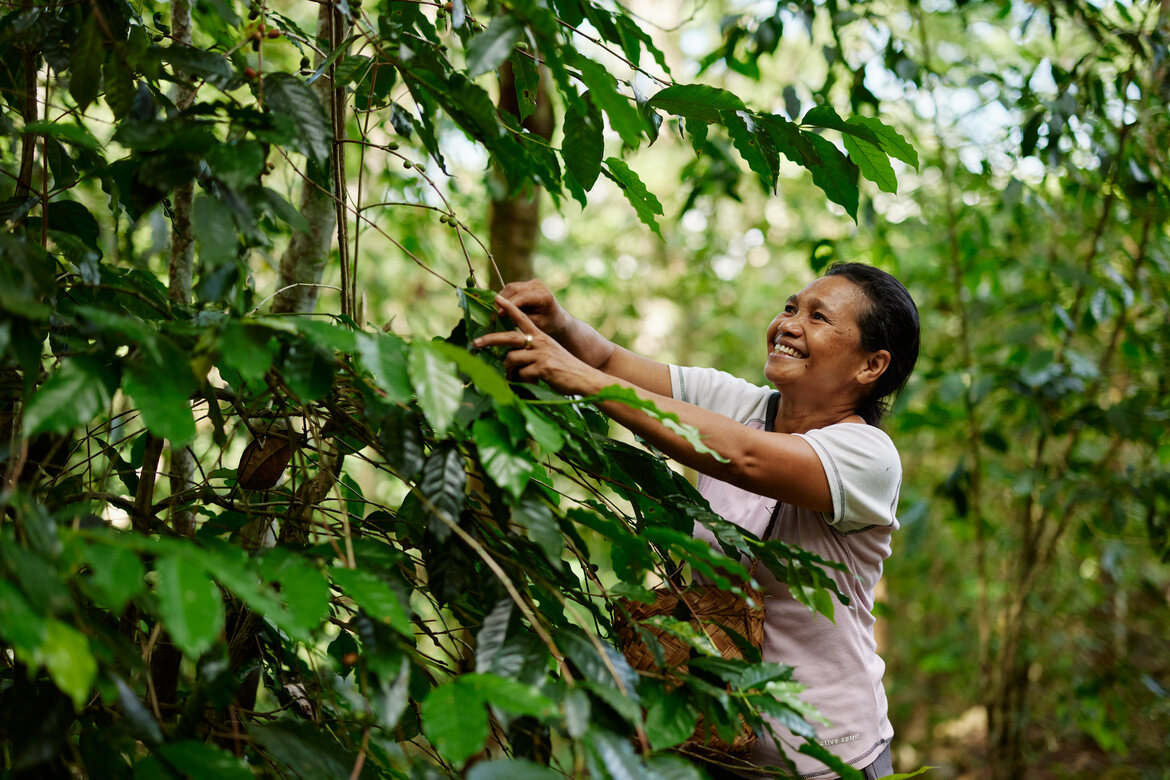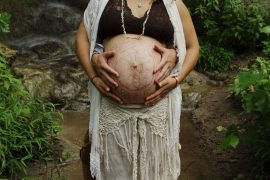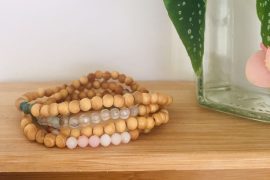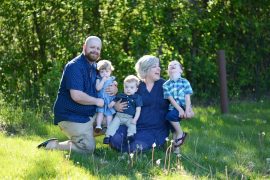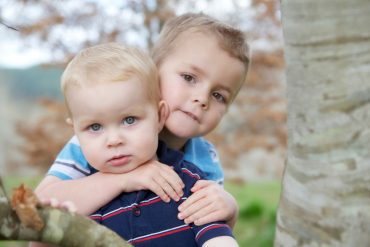We know you want to protect the planet and its people but sometimes it seems complicated. Who do you trust? There are lots of companies who SAY they are doing the right thing but unless they can show you that they are paying EVERYONE in their supply chain fairly AND working to improve social and environmental outcomes, then they’re only doing half the job.
If we want a fair world for generations to come, where the environment is nurtured and protected and all people are treated with kindness and respect, then one of the easiest choices is to buy Fairtrade products. In New Zealand, the most popular ones are coffee, bananas, chocolate, tea and cotton products (yes, even baby clothes!).
Buying Fairtrade products doesn’t JUST mean that the farmers and the workers who produced that item were paid properly. Fairtrade is about gender equality, environmental protection and transparent supply chains. It’s about changing the way trade works.
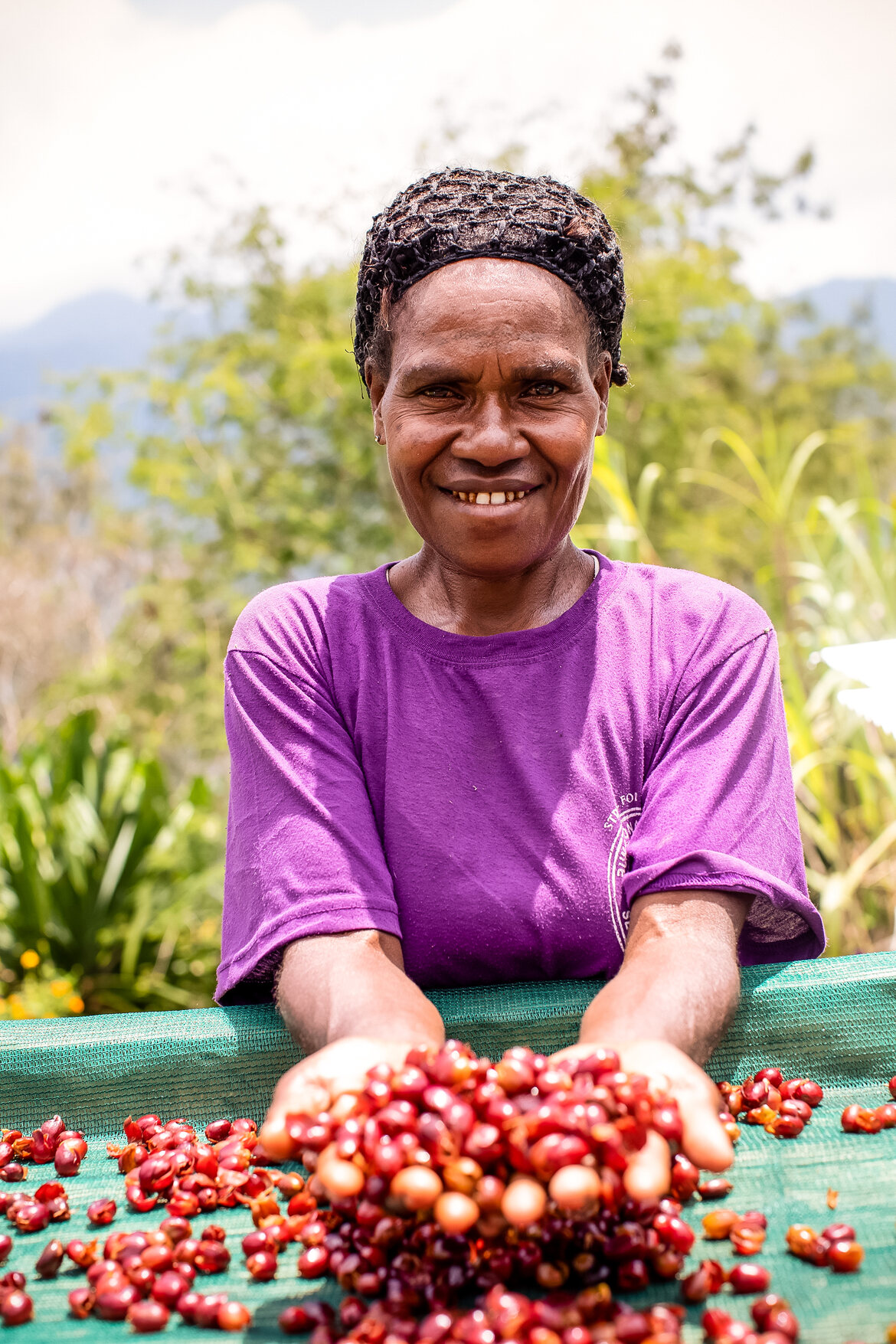
How Fairtrade makes a difference
The Fairtrade journey starts with the farmers and workers in developing countries who form cooperatives or groups. Around 80% of the world’s farmers have small-holdings of less than 2.5 acres so working together makes them stronger. If the cooperative decide they want to become Fairtrade certified, they go through a process where they agree to meet a range of standards around governance, working conditions, environmental management and gender equality. Fairtrade supports them to meet these standards.
Once certified, the cooperative/producer organisation can trade all over the world but anyone buying Fairtrade products must agree to pay (at least) the Fairtrade Minimum Price (FMP). This price is set by Fairtrade based on what the farmers need to cover the costs of production and is often much higher than the market price.
In addition to this minimum price, the producers also receive another sum of money called the Fairtrade Premium. This money doesn’t go directly to individual farmers but instead goes to the cooperative and the whole community decides together how that money should be spent. This includes projects like wells for drinking water, hospitals and farming equipment.
Fairtrade continues to work with producers after they are certified to encourage product improvement and development as well as ongoing support in areas of fair pay, gender equality and sustainability.
Fairtrade Australia New Zealand (ANZ) works directly with local businesses who sell Fairtrade products, and to increase awareness of Fairtrade in both Australia and New Zealand. We also work with farmers in our region, especially Papua New Guinea, Timor Leste and Fiji.
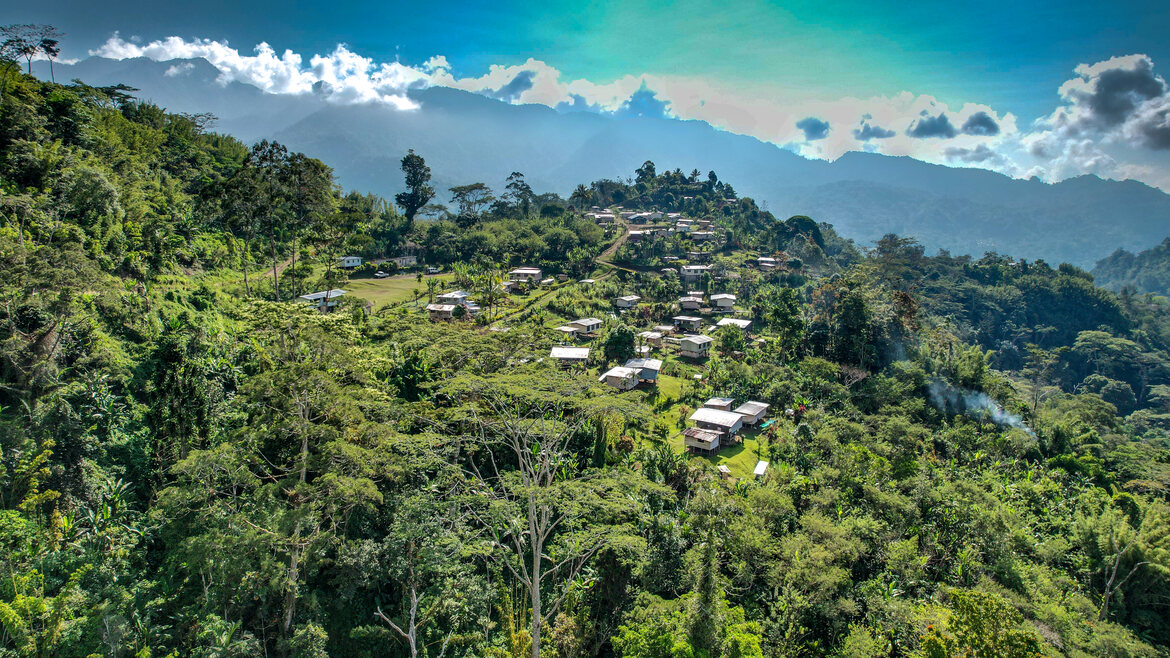
The CEO of Fairtrade ANZ, Molly Harriss Olson, says that Fairtrade works to support the farmers, and address needs of consumers across the world.
“While shoppers have a range of ethical concerns, we know that they care most about protecting children and their families. We also know that they are aware that Fairtrade has the best systems in place to do this, which is one of the reasons why the Fairtrade mark is the most widely trusted ethical label in the world.”
Why is it so important?
Farmers in developing countries are some of the most marginalised people in the world, despite producing food that most of us consume every day. Plus, they are the people being most affected by climate change even though they are the least responsible for causing it. The Fairtrade system is trying to address this inequity.
We believe that most consumers want to be part of the solution, not the problem. Buying Fairtrade is one way that they can do that.

